 Earlier this week, Chinese developers disclosed new iOS malware called XcodeGhost on microblogging service Sina Weibo. U.S. cybersecurity firm Palo Alto Networks has since published details about the malware.
Earlier this week, Chinese developers disclosed new iOS malware called XcodeGhost on microblogging service Sina Weibo. U.S. cybersecurity firm Palo Alto Networks has since published details about the malware.
MacRumors has created a FAQ so you can learn more about XcodeGhost and how to keep your iOS devices protected.
What is XcodeGhost?
XcodeGhost is a new iOS malware arising from a malicious version of Xcode, Apple's official tool for developing iOS and OS X apps.
How is XcodeGhost distributed?
A malicious version of Xcode was uploaded to Chinese cloud file sharing service Baidu and downloaded by some iOS developers in China.
Chinese developers then unknowingly compiled iOS apps using the modified Xcode IDE and distributed those infected apps through the App Store.
Those apps then managed to pass through Apple's code review process, enabling iOS users to install or update the infected apps on their devices.
Which devices are affected?
iPhone, iPad and iPod touch models running an iOS version compatible with any of the infected apps. The malware affects both stock and jailbroken devices.
Which apps are affected?
Palo Alto Networks has shared a full list of over 50 infected iOS apps, including WeChat, NetEase Cloud Music, WinZip, Didi Chuxing, Railway 12306, China Unicom Mobile Office and Tonghuashun.
How many users are affected?
XcodeGhost potentially affects more than 500 million iOS users, primarily because messaging app WeChat is very popular in China and the Asia-Pacific region.
Which unofficial versions of Xcode are affected?
All unofficial versions between Xcode 6.1 and Xcode 6.4.
How does XcodeGhost put my iOS devices at risk?
iOS apps infected with XcodeGhost malware can and do collect information about devices and then encrypt and upload that data to command and control (C2) servers run by attackers through the HTTP protocol. The system and app information that can be collected includes:
Palo Alto Networks also discovered that infected iOS apps can receive commands from the attacker through the C2 server to perform the following actions:
Can XcodeGhost affect users outside of China?
Yes. Some of the iOS apps infected with XcodeGhost malware are available on the App Store in countries outside of China. CamCard, for example, is a popular business card reader and scanner app available in the United States and several other countries, while WeChat is a popular messaging app in the Asia-Pacific region.
Why would some Chinese developers download Xcode from Baidu?
Xcode is a large file that can take a long time to download from Apple's servers in China, leading some developers to download Xcode from unofficial sources.
How are Apple and Chinese developers dealing with XcodeGhost?
Palo Alto Networks claims that it is cooperating with Apple on the issue, while multiple developers have updated their apps to remove the malware.
Apple has since issued the following statement to Reuters:
"We’ve removed the apps from the App Store that we know have been created with this counterfeit software. We are working with the developers to make sure they’re using the proper version of Xcode to rebuild their apps."
How do I protect myself against XcodeGhost?
iOS users should immediately uninstall any infected iOS app listed here on their devices, or update to a newer version that has removed the malware. Resetting your iCloud password, and any other passwords inputted on your iOS device, is also strongly recommended as a precautionary measure.
Developers should install official versions of Xcode 7 or Xcode 7.1 beta from Apple's website for free and avoid downloading the software from unofficial sources.


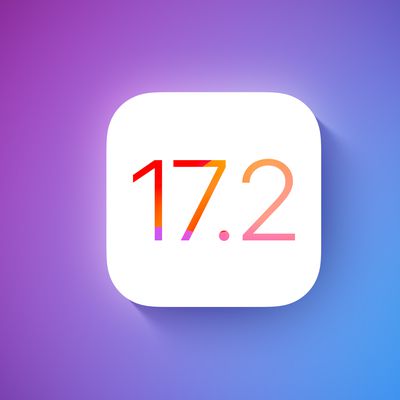
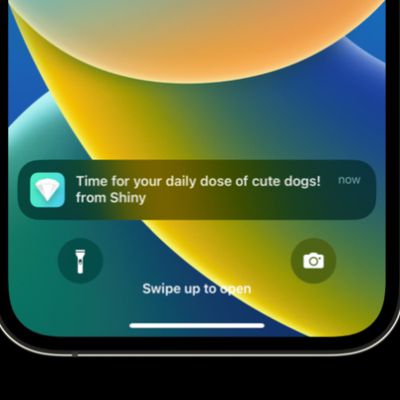
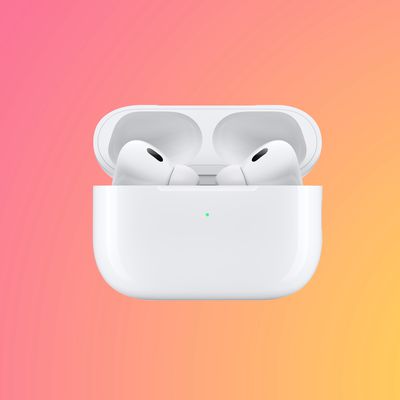
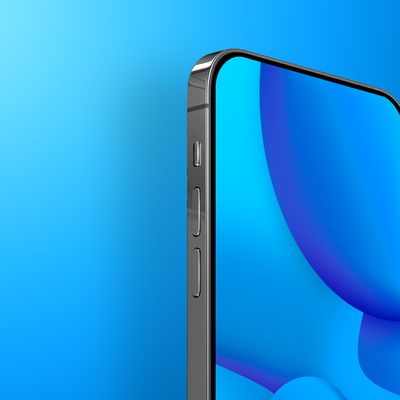
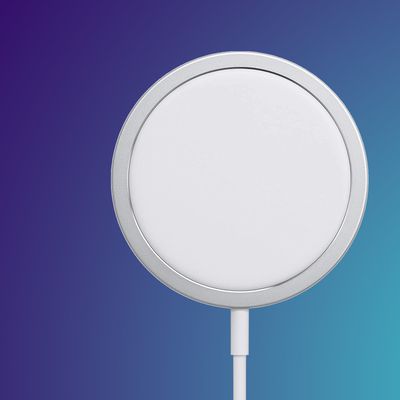
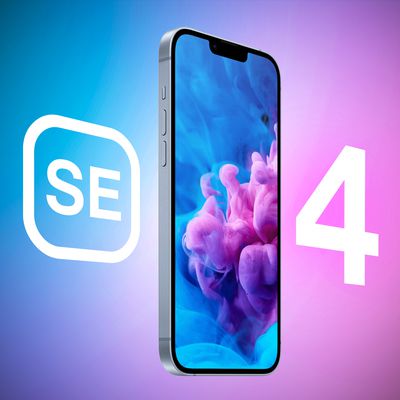

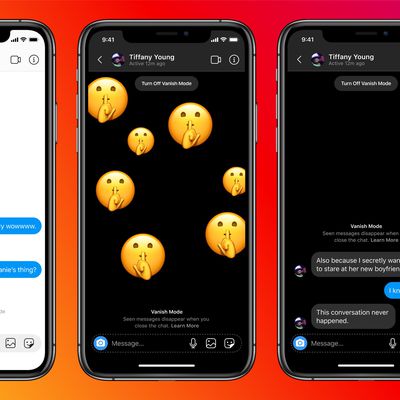


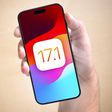








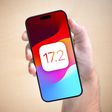

Top Rated Comments
That's like downloading an OS from The Pirate Bay and being shocked the file was injected with malicious code.
网易云音乐 2.8.3
微信 6.2.5
讯飞输入法 5.1.1463
滴滴出行 4.0.0.6-4.0.0.0
滴滴打车 3.9.7.1 – 3.9.7
铁路12306 4.5
下厨房 4.3.2
51卡保险箱 5.0.1
中信银行动卡空间 3.3.12
中国联通手机营业厅 3.2
高德地图 7.3.8
简书 2.9.1
开眼 1.8.0
Lifesmart 1.0.44
网易公开课 4.2.8
马拉马拉 1.1.0
药给力 1.12.1
喜马拉雅 4.3.8
口袋记账 1.6.0
同花顺 9.60.01
快速问医生 7.73
懒人周末
微博相机
豆瓣阅读
CamScanner
CamCard
SegmentFault 2.8
炒股公开课
股市热点
新三板
滴滴司机
OPlayer 2.1.05
电话归属地助手 3.6.5
愤怒的小鸟2 2.1.1
夫妻床头话 1.2
穷游 6.6.6
我叫MT 5.0.1
我叫MT 2 1.10.5
自由之战 1.1.0
Fox-IT (fox-it.com ('http://fox-it.com/')), a Netherlands based security company, checked all C2 domain names from our reports in their network sensors and has found thousands of malicious traffic outside China. According to their data, these iOS apps were also infected:
Mercury
WinZip
Musical.ly
PDFReader
guaji_gangtai en
Perfect365
网易云音乐
PDFReader Free
WhiteTile
IHexin
WinZip Standard
MoreLikers2
CamScanner Lite
MobileTicket
iVMS-4500
OPlayer Lite
QYER
golfsense
同花顺
ting
installer
下厨房
golfsensehd
Wallpapers10000
CSMBP-AppStore
礼包助手
MSL108
ChinaUnicom3.x
TinyDeal.com
snapgrab copy
iOBD2
PocketScanner
CuteCUT
AmHexinForPad
SuperJewelsQuest2
air2
InstaFollower
CamScanner Pro
baba
WeLoop
DataMonitor
爱推
MSL070
nice dev
immtdchs
OPlayer
FlappyCircle
高德地图
BiaoQingBao
SaveSnap
WeChat
Guitar Master
jin
WinZip Sector
Quick Save
CamCard
iOS has been breached through the one thing that kept us safe. The App Store.
They should ban their in-house teams from throwing up a password request box. Absolute ban. It has got out of hand recently with stock apps asking for the password without any justification or explanation and pretty much at random. I've said it over and over, Apple have been training their users for exactly this scenario - enter password whenever anyone asks. If an app needs the iCloud password it should instruct the user to enter it in the appropriate settings page. Train users: only the settings app should be trusted with passwords.